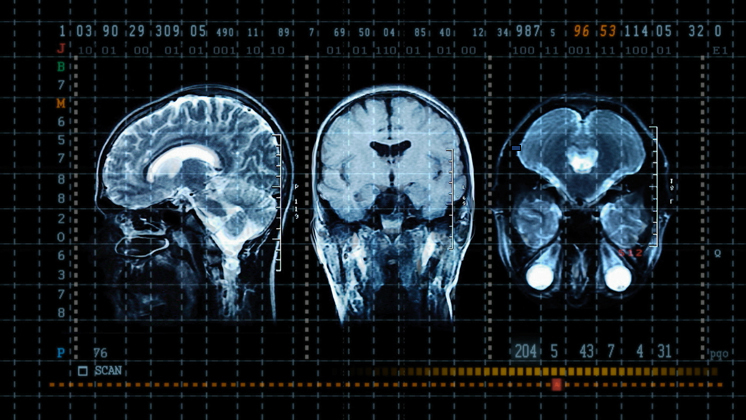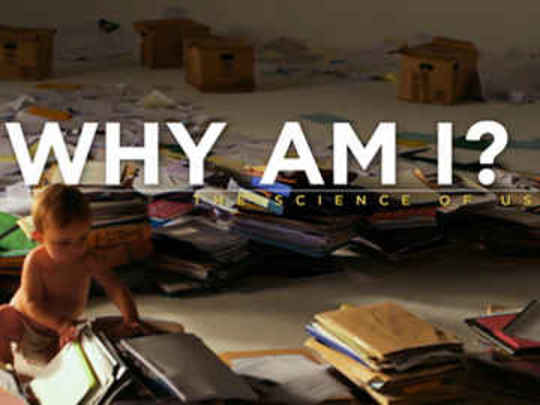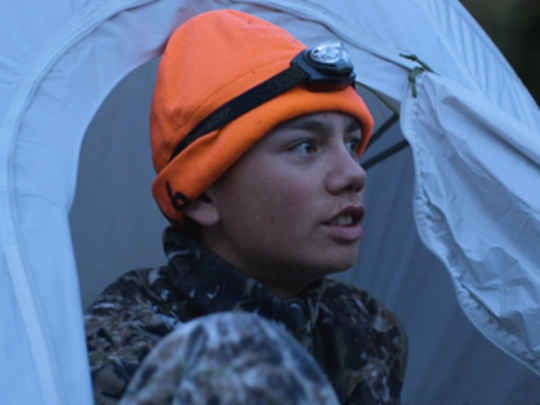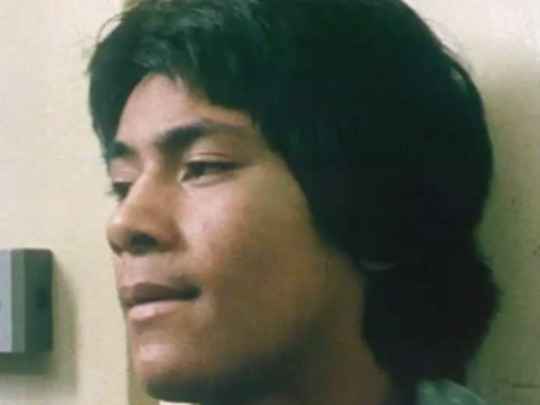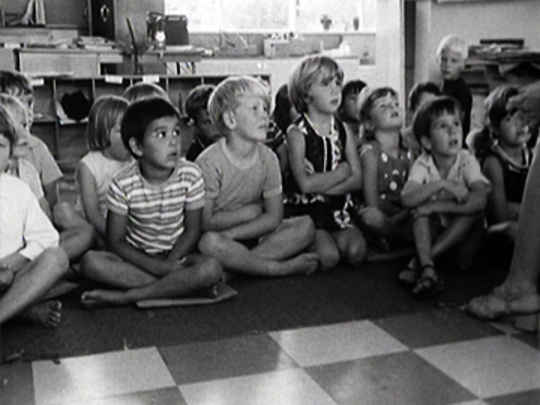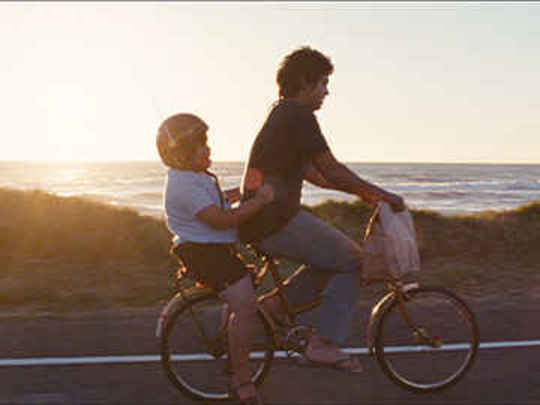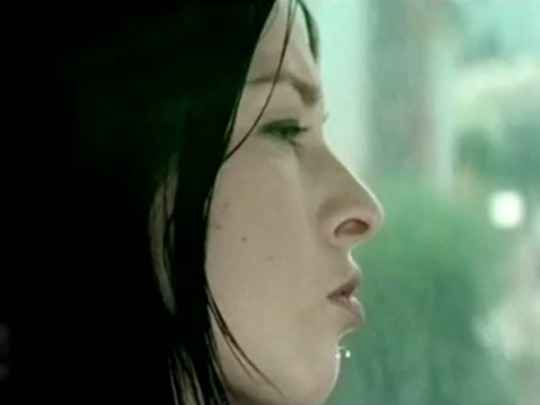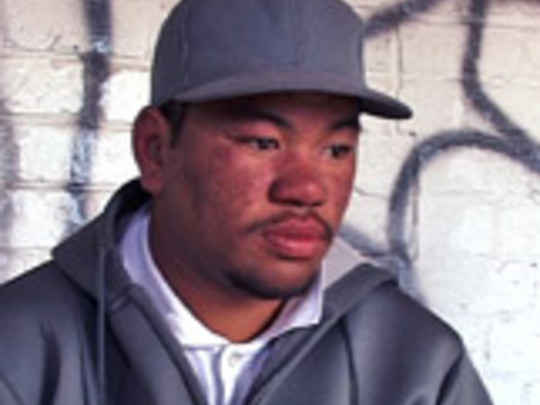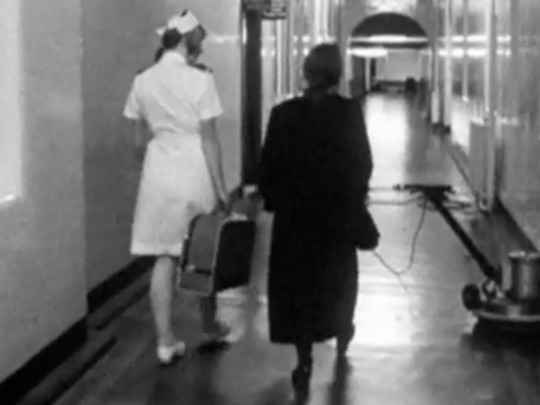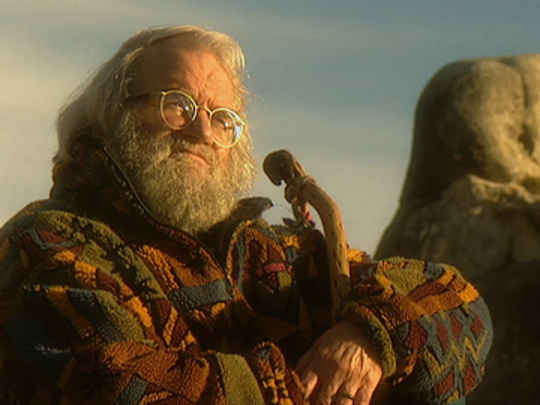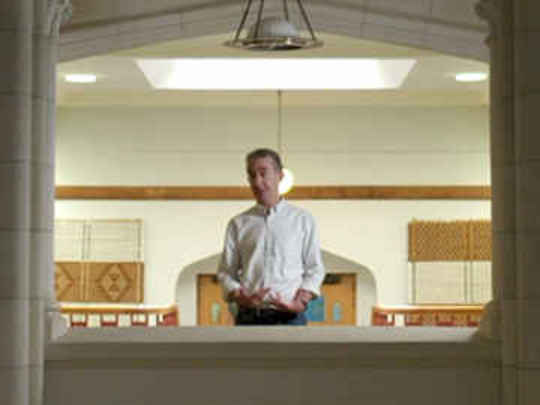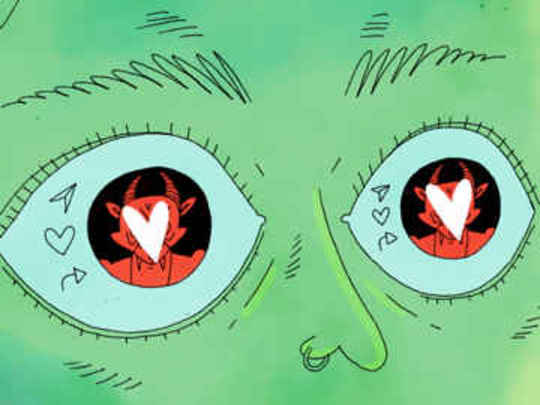It’s incredibly important that we acknowledge the real heroes of the study, which are the study members. They only do it for one main reason, which is, they think it might help other people.
– Professor Richie Poulton on the 'heroes' of the Dunedin Study, The Guardian, 1 April 2022
Burglaries were paying quite well then. And you know, the whole day's yours...
– Convicted criminal Gary on the attractions of being a teenage burglar
I was confronted with the idea I was not the baddest man on the planet and when I saw what was really required to have that...yeah I don't know, the level of 'mean streak' or just ruthlessness...here I was in a situation with people that were genuinely capable of extreme violence but not only that with a lot of them that really revelled in it and ah, enjoyed it and I realised hey this wasn't me...
– Consultant Psychologist Paul Wood on his epiphany during time in prison
The girls who had puberty early were biologically adult in their appearance and had an attractive figure, and looked as if they might be 17 when they were still really 13. And they had the emotional and cognitive immaturity of a 13-year-old.
– Dunedin Study Associate Director Terrie Moffat on the findings around teenage girls finding trouble before their male counterparts
I don't think I've really been with a guy that's 'good'... like hasn't been in trouble. All the boyfriends that I've had have been in trouble with the police.
– A young Auckland mother on her romantic history
Women hit their men too. I can admit that cause I do it; I've done it.
– A young Auckland mum confirms one of the more controversial results of the Dunedin Study
When this finding first came out it was flat rejected by most feminist criminologists, so we really had difficulty getting those papers published. Even after the papers were published we were never invited to present the findings at any conferences. It was one of the most difficult parts of the research to get it out there.
– Dunedin Study Associate Director Terrie Moffitt on their conclusion that some women physically abuse their male partners
You really must ask yourself when you see a teenager who's come before the courts, which path are they on? Because the teenager who's going to grow out of it naturally, you wouldn't want to give them a prison record that would stop them getting a job. And it would actually retard their natural desistance from crime.
– Dunedin Study Associate Director Terrie Moffitt on the crucial point in a teenage offender's life direction
If you can turn a couple of kids around...that's just one person later on that we don't have to deal with later on in life. That's satisfying.
– Constable Jason Kaulima from the Police Youth Action Team on their teen monitoring system
So many countries use that 1993 paper as a justification for reforming their juvenile justice system to be less punitive and more supportive to young offenders.
– Dunedin Study Associate Director Terrie Moffitt on the importance of the Dunedin Study's findings about teen offenders, The Guardian, 1 April 2022
When they're teenagers they get in trouble in groups, like a team sport — you know, an element of competition against your friends, who can do the worst things: sensation-seeking, risk-taking, preference for danger over boredom.
– Dunedin Study Associate Director Terrie Moffitt on the psychology behind hell raising teenagers
Adolescent brains are a work in progress: they're being rewired and restructured. The changes start at the back of the brain. The parts of the brain responsible for judgement and self-control at the front come last. This makes teenagers particularly prone to risky and reckless behaviour: they focus on the present, and fail to think about possible long-term consequences.
– Narrator Susie Ferguson
Three things in particular make it hard for a teenager to change: drugs, gangs, and jail.
– Narrator Susie Ferguson
The Dunedin Study has come to a highly controversial conclusion about domestic violence: it found that women hit men just as often as men hit women.
– Narrator Susie Ferguson
